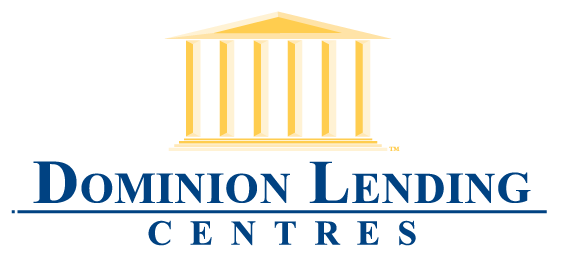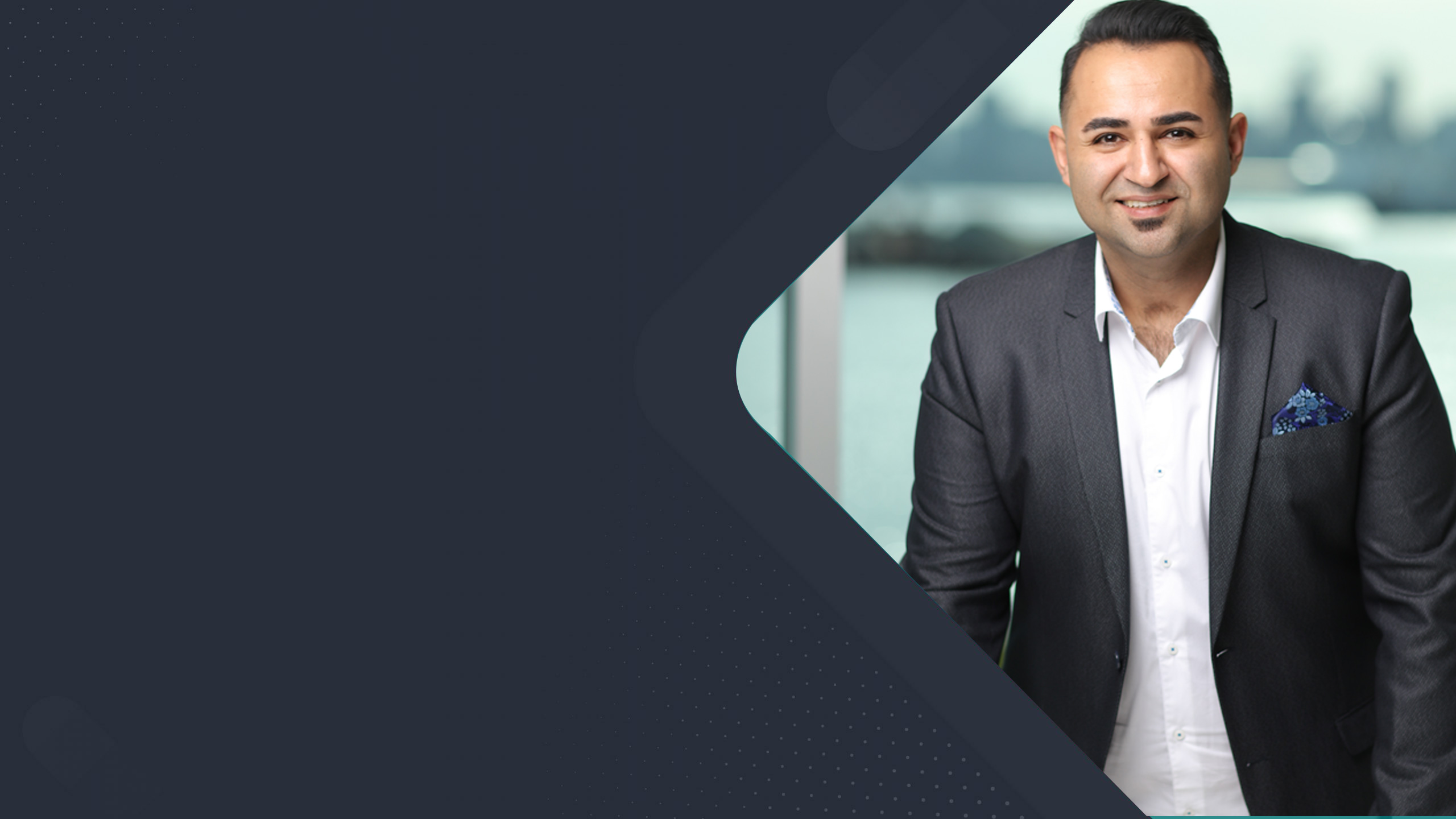Question & Answer
Check our FAQs for quick answers to frequently asked questions we receive.
If you have other questions write.
- What is mortgage loan insurance?
-
Mortgage loan insurance is an insurance policy that protects the mortgage lienholder, lender, or titleholder if the borrower defaults or stops making payments on the loan or unable to meet the mortgage or contract obligations. Mortgage loan insurance also ensures that lenders keep loan costs affordable so first-time buyers get a reasonable interest rate. In Canada, mortgage loan insurance is mandatory when consumers acquire a real estate property that only pays less than 20% down payment. It is possible to get a mortgage loan for up to 95% of the purchase price of a property. Canada’s national housing agency called Canada Mortgage and Housing Corporation or CMHC provides this insurance. CMHC is a crown corporation of the Government of Canada and an approved private corporation. They, too, intend to help stabilize the housing market in Canada and enable first-time homebuyers by mandating mortgage loan insurance.
- What is a conventional mortgage?
-
A conventional mortgage refers to a type of property mortgage that does not carry a high ratio or any form of lender insurance premium. Typically, a conventional mortgage is where the downpayment is equal to 20% or more of the property purchase cost, a mortgage loan that equals to or less than 80%, and does not usually require mortgage loan insurance. Conventional loans are not provided or secured by a government entity. This kind of loan is offered and available through banks, mortgage companies, credit unions, and other private lenders. Only the Canada Mortgage and Housing Corporation (CMHC) or another company approved by the lender could provide insurance to high ratio mortgages, such as Genworth Financial or Canada Guaranty.
- How does bankruptcy affect qualification for a mortgage?
-
Bankruptcy is an unfortunate reality for many consumers. A bankruptcy procedure can diminish or reduce your debts, but it will have an impact or even damage your credit report and credit. This can affect your capacity to get credit in the future. May it be applying for new credit cards, a car loan, and a home mortgage. But this doesn’t mean that the consumers won’t be able to obtain or acquire a mortgage. It would still be possible to get a mortgage loan even with a bankruptcy record. However, there is a minimum credit score to be met. The minimum credit score requirement depends on your lender.
- What is a pre-approved mortgage?
-
A pre-approved mortgage is being offered by lenders that provide a guaranteed interest rate to homebuyers for a specified period with a set amount of money. To get pre-approved for a mortgage, consumers must prove their creditworthiness by reporting their credit history, assets, income, employment verification, and other related documentation. The lender then will check the homebuyers’ credit and verify the documentation to approve a specific loan amount. Most successful real estate professionals and top mortgage brokers will want to ensure that potential homebuyers in Canada have a pre-approved mortgage in place before they actually look out for a real estate property or home.
- What is downpayment?
-
This is the initial payment or percentage of the house’s price that you need to pay upfront upon applying for a mortgage. This impacts the interest rate you will get as the down payment represents your investment. Usually, lenders tend to give you a low-interest rate if you can make a higher down payment.
- What are the costs associated with buying a home?
-
Buying a house could be a huge step in your financial well-being. On this note, you need to factor out the other additional cost and not only the monthly mortgage payment. We suggest you prepare the funds for the following: – Down Payment – Application Fees – Title Based Fees – Appraisal Fees – Mortgage Insurance – Property Taxes and Homeowner’s Insurance
- How long should my mortgage term be?
-
30-year amortization is the standard mortgage term. This means it is payable for a fixed 30 years, which is the most popular loan home buyers avail. You may also opt for a 15-year mortgage term which is the next common term. This requires a much higher monthly mortgage payment, but that could result in big savings on your part for a shorter period. Aside from the usual 30 and 15 years program, there are many other terms that you can explore. One of them is the 5/1 adjustable-rate mortgage, where the amortization is set to 30 years but could be adjusted after 5.
- How will child support affect mortgage qualification?
-
Typically, as you pay for child support and alimony to another person, the amount or value of the child support you are giving out will be deducted from your income. In contrast, if you are receiving child support and alimony from another person, the amount of this will be added to your income. With this, the lenders will determine the size of mortgage you qualify for after considering these aspects. It is best to keep in mind that your debt-to-income is also one of the major financial aspects that the lender will look at when considering you for any loan. Financial experts say that child support payments don’t generally impact the consumers’ ability to obtain a mortgage directly.
- Can I get a mortgage to purchase and renovate a home?
-
Yes, it will be subject to qualification. Many first-time homebuyers in Canada are trying to find inventive and efficient ways to get into the real estate market. One of the most popular options is renovation mortgage financing. This is where home property purchasers assume and consider the costs of the renovations into their home mortgage. Canadian residents and non-residents may qualify to purchase a property or a home and then make renovations. Canada Mortgage and Housing Corporation and GE Capital offer high-ratio mortgage insurance covering the purchase price and the amount to pay for immediate major improvements or renovation that the buyer wants to make to the property.
- Can I use gift funds as a down payment?
-
Most lenders that offer mortgage loans allow home purchases to use gift funds for settling down payments as long as it is a gift money from acceptable sources like family members. Before the lender approves or accepts the gift money, homebuyers may need to confirm the relationship between them and the gift giver. Usually, the details must be written down in a letter indicating the relationship, confirming the funds given is a true gift and not a loan, with an affixed signature by both interested parties. Canada mortgage and housing corporation requires that the money gifted must be in the purchaser’s possession before the application is sent.
- How to pay off your mortgage sooner?
-
You can switch to a biweekly payment instead of making it with the traditional monthly schedule. There are 52 weeks annually, and biweekly payment makes 13 payments instead of the normal 12. This will make you an extra payment every year and could result in paying your mortgage balance five years early. You could also opt to refinance your mortgage for a much shorter term. Say, for example, you have a mortgage for 30 years. You can ask to refinance it into a 15-year loan. This will surely help you speed up your mortgage a lot faster and score you a much lower interest rate.
- How to use your RRSP to help you buy your first home?
-
You may have heard what RRSP (Registered Retirement Saving Plan) is and asked how to use it. RRSP (Registered Retirement Saving Plan) is a retirement plan savings that we register and contribute. The Canadian Government’s House Buyer’s Plan allows an individual to borrow a maximum of $35,000 or $70,000 for couples of their retirement savings plan for paying the down payment on a home. To qualify for this, the funds you will use must be deposited 90 days beforehand. Though withdrawing your RRSP is tax-free, House Buyer’s Plan is considered a loan and must be paid within 15 years.
- What are the monthly costs of owning a home?
-
Owning a home entails financial responsibilities. Being a homeowner, you have to learn how to budget for the home expenses. This includes taxes, utilities, mortgage (if you have one), and more. Some of these expenses may not be billed monthly, which you need to calculate and allot your income accordingly. If you have mortgage payments, which is common, it covers the largest portion of your monthly expenses. The actual amount of the mortgage payment varies depending on a number of factors, such as mortgage term or amortization. Another expense that you need to consider is the Property Tax. In Canada, property tax can be paid in two ways, either you remit it directly to the municipality or pay it as part of your mortgages. If you pay directly to the municipality, you need to show proof of payment to your financial institution from time to time. School tax is also one of the expenses you have to consider when you own a home. In some municipalities, school taxes are integrated into property tax, while others collect them separately and are payable in a single lump sum. Utilities are something that you have to pay for. These utilities include electricity, water, telephone, cable, internet, heating, and gas. Something that you need to include in your budget as a homeowner is your maintenance and upkeep. You need to have a spare budget to maintain your house, which typically includes the cost of painting, repairs, plumbing, and electricals. Maintaining your property can cost a lot, but it helps a lot to preserve it, making the value of your home competitive, aside from the idea that it also enhances the neighborhood.
- Should you go with a short or long-term mortgage?
-
Choosing a longer or shorter-term mortgage would always depend on your monthly income or budget for the monthly amortization. A longer loan term typically means lower monthly payments, which could be a good idea on your part, especially if you are on a budget, but sometimes it has higher interest rates. While the short loan term usually has a higher monthly mortgage payment, it also has lower interest rates, which means you will pay less in interest over time than the long term mortgage. You can choose to have a longer-term mortgage if you want to focus on your other financial goals, such as emergency funds or personal savings, as it gives you more room for budgeting. A Shorter-term loan is ideal if you can afford a higher monthly payment and finish your mortgage sooner.
Business Partners
Our power of choice is untrammelled and when nothing prevents being able to do what we like best every pleasure.











